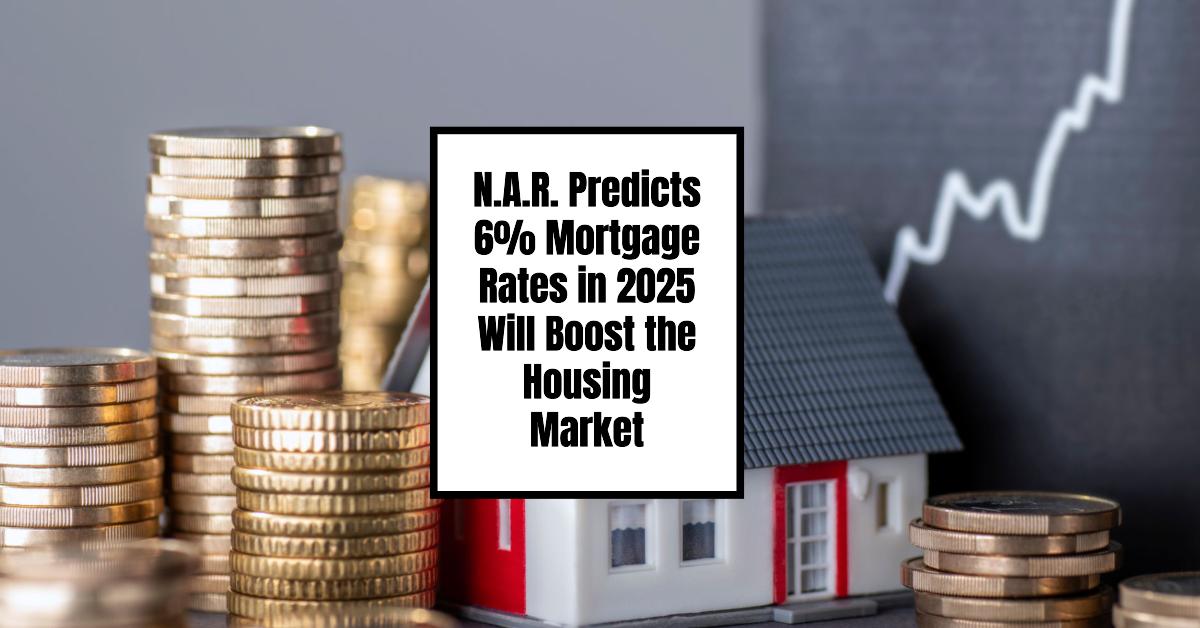T
he National Association of Realtors (NAR) has issued a promising forecast for the US housing market in 2025, predicting an average mortgage rate of 6% for 30-year fixed mortgages. This decrease is expected to significantly boost housing affordability and demand, providing a much-needed lift to the current market. Historically, low mortgage rates have made homeownership more accessible, and with current rates hovering around 7%, the anticipated drop could open doors for many would-be buyers who have been sitting on the sidelines.
The NAR's forecast includes several key predictions:
* A projected 1.45 million new housing starts in 2025, primarily single-family units
* An estimated median home price of $410,700, reflecting a 2% annual increase
* Around 4.5 million existing home sales expected in 2025
The NAR's prediction is grounded in an understanding of the current economic conditions and potential future developments. After years of aggressive interest rate hikes by the Federal Reserve to combat inflation, the real estate market has experienced significant challenges. Now, as inflation begins to stabilize, the NAR's expectation of lower mortgage rates presents a beacon of hope for many Americans.
The drop to an average of 6% for mortgage rates is crucial, particularly for first-time buyers. With current rates closer to 7%, many potential buyers have found it nearly impossible to afford homes at median prices. If the NAR's predictions hold true, approximately 6.2 million households could potentially afford the median home price of $410,700.
The reduced mortgage rates are expected to stimulate both new housing construction and the resale market of existing homes. Increased affordability often leads to heightened demand, which means more homebuyers will enter the market, benefiting sellers, builders, and ultimately the economy at large. Many experts believe that a more active market could also lead to a stabilization of property values, allowing homeowners to feel more secure about their investment.
However, several challenges remain, including potential supply shortages and regional disparities in affordability. While mortgage rates are projected to decline, they will still be relatively high compared to historic averages. The persistent supply shortage means that inventory levels may not return to pre-pandemic figures anytime soon, straining affordability for many, particularly in high-demand markets where prices can soar.
The stabilization of mortgage rates at around 6% has broader economic implications as well. It could lead to a resurgence in consumer confidence, resulting in more spending in the housing sector and stimulating the economy. A healthy real estate market plays a crucial role in economic growth, impacting everything from job creation in construction to spending on home improvement and furnishings.
As we approach 2025, industry professionals, potential buyers, and homeowners will be closely monitoring mortgage rates and economic conditions to assess the viability of upcoming trends. The convergence of these factors will ultimately dictate the trajectory of the housing market—one that many have been eagerly awaiting.













